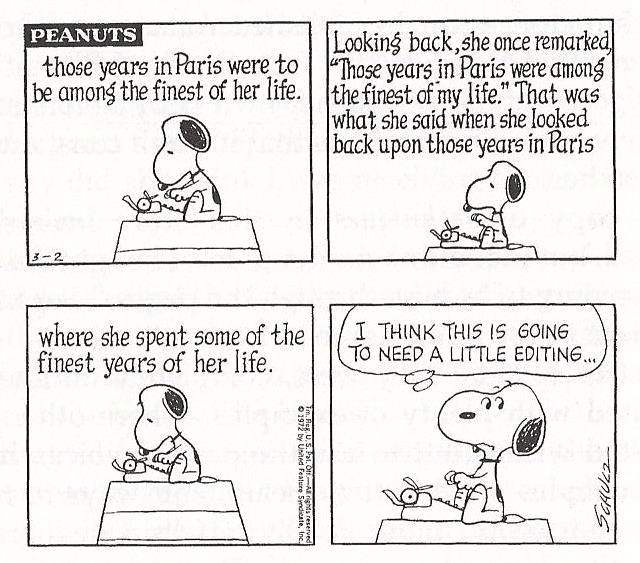Overused Words
 We all have them. Mine may be different than yours. They’re like whack-a-moles – you banish one, and two others pop up.
We all have them. Mine may be different than yours. They’re like whack-a-moles – you banish one, and two others pop up.
You may think they don’t matter, but they do. They irritate the reader on a subconscious level. Use them enough, and they’ll remember they have to put the laundry in the dryer – and probably won’t return to the book – possibly for days. They couldn’t tell you why; just that the book didn’t engage them.
These are ones I see all the time – in published books as well as manuscripts:
Up/down/back –
I stood up. If you go from sitting to standing, we know it’s up.
I sat back down. As above, with the added unneeded word ‘back’. You most likely said earlier that the character stood.
I turned back to her. Turning is back. I’ll bet if you look at the description, we’d know without the extra word.
Was –
It was less than five minutes later when…. It’s not only telling, it’s passive structure, and very distant POV. Think about it – do you ever think this phrase? And it’s so easy to get rid of! Do a ‘find’ in Word. You’ll be shocked by how many you have. Analyze the sentence – I guarantee you can do better with very little thought.
Start –
He started across the room
He started cooking.
She started to move.
My crit group dubbed this a ‘Yoda’. ‘In writing, there is do or do not; there is no start.’ My teacher, Margie Lawson always asks, ‘What’s the visual?’
After all, what does starting to cook look like? See what I mean? You can’t picture ‘starting’ to cook, or starting anything.
Exclamation points –
Okay, sue me – it’s a punctuation mark, not a word. But it’s still overused all the time. And it’s lazy. Think about it – isn’t it ‘telling’ the reader that the character is excited? Why not get closer POV, and show us, instead?
‘We’re going to Disneyland!’
becomes
‘We’re going to Disneyland.’ Sparkles zinged down his nerves and his stomach took a Big-Thunder-Mountain drop.
As –
Margie wrote a great blog about it, HERE.
There are two types: Good ‘as’ – comparison
We’re about alike as a Princess and the stable boy
Then there’s the bad kind: showing things happening at the same time. Like a ‘Yoda’ above. We read one word after another, so there’s no way to show things happening at the same time. And in real life, that doesn’t happen often anyway.
she realized that as she’d knelt, the rain had run an unobstructed path down the neck of her leather jacket.
her mouth tightened into a thin, disapproving line, as she glared imperiously down at Tim.
Easy fix – most often, it’s that the sentence is out of order:
she glared imperiously down at Tim, her mouth tightening to a thin, disapproving line.
Before you say it – I know – adverb, and she can’t see her own mouth. This was from my first attempt at writing!
Your own personal play list –
I’m sure mine are different than yours; I love ‘jerked’. Yeah, you knew I was weird long ago. I use it 5-6 times a book (before I edit 4 out).
A friend of mine has a list of his, and his last edit will be to do a ‘find’ for them, and edit them out. SMART!
Confession time – what are your overused favorites?
Hi, Laura. This is a favorite topic of mine — or maybe I should say pet peeve. And I love your list of overused favorites. Some I had never even thought of. There are many, but my top two are “had” and “that.” I see this a lot lately. I was reading something recently and the word “had” was all over the place — in one sentence it appeared three times. Regarding the word “that”, the nuns used to tell us after we wrote something to go over it and remove the word “that” and see how much better it sounded. You’ll realize you didn’t even need the word.
Thank you, Sharon! I got the jitters and checked my WIP for ‘that’ and ‘had’. Whew, I’m good.
Write on, warrior!
[…] Craiker recommends rooting out these five mistakes before you publish, Laura Drake considers overused words, and Robert Lee Brewer clarifies bearing vs. baring vs. […]